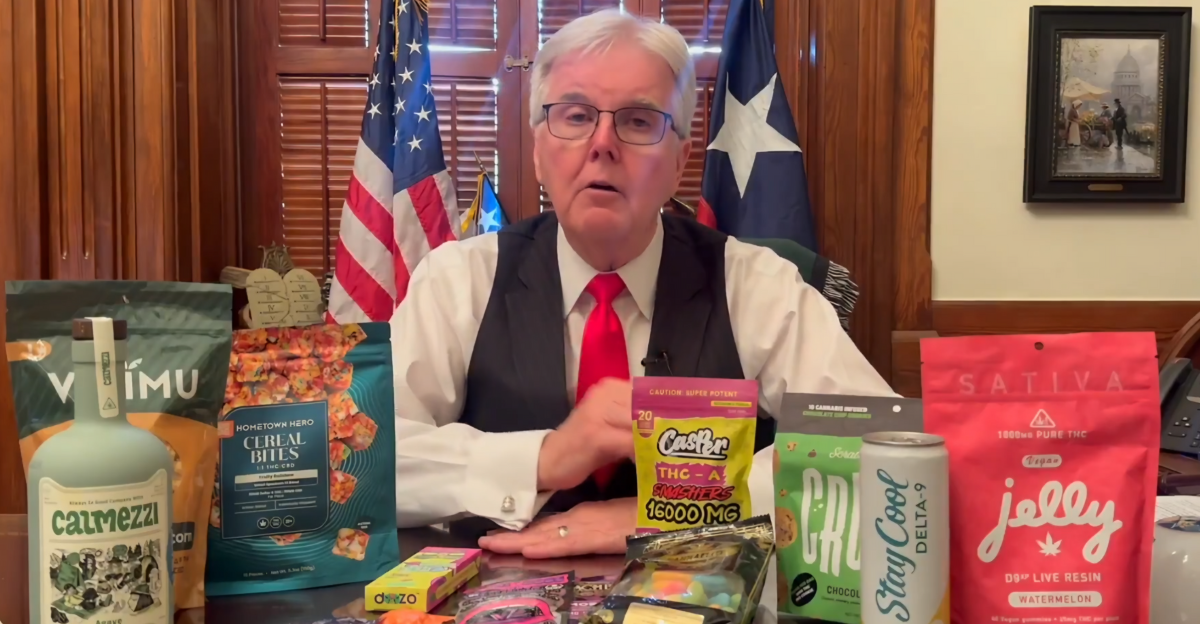
Texas stands at the crossroads of a decision that would transform its economy and farming. While most think of the moral or health consequences of a THC prohibition, few realize the debilitating economic destruction in the pipeline.
The over-$10-billion Texas hemp economy, supporting more than 50,000 jobs, will fail if lawmakers approve Senate Bill 3, a proposed ban on all hemp-derived THC products. It’s not about marijuana, about jobs, rural economies, and a booming industry that has defied expectations and thrived.
The question is: Can Texas afford to lose this economic force?
The $10.3 Billion Economic Powerhouse At Risk
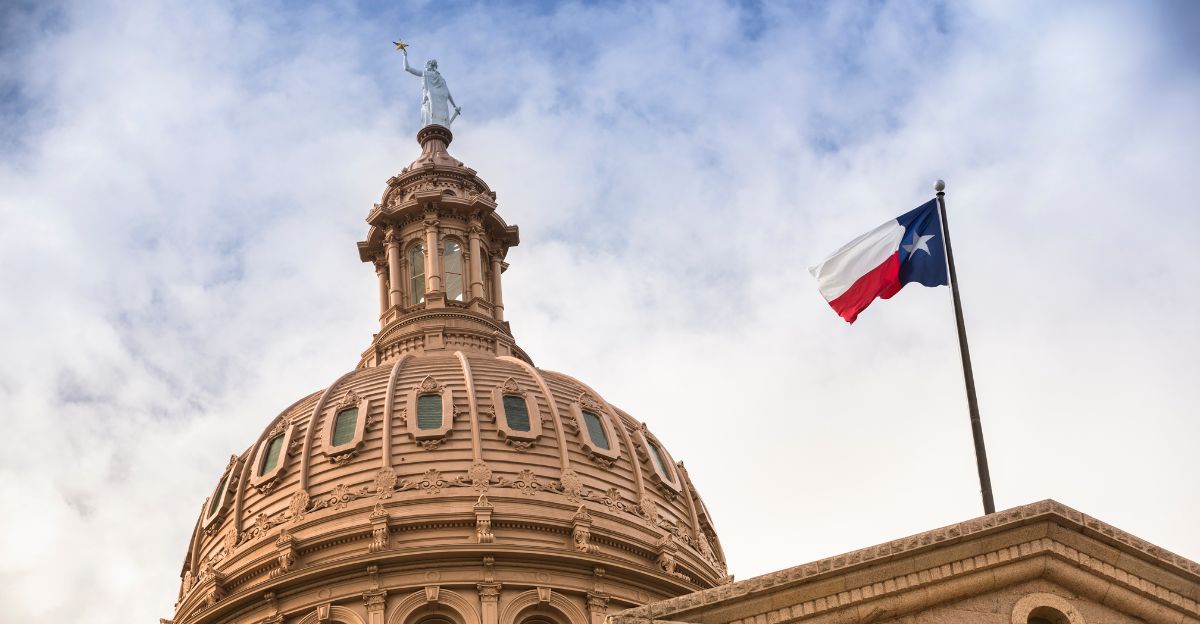
Texas’ hemp industry is not niche; it contributes an estimated $10.3 billion to the Texas economy each year, $5.5 billion in direct revenue, and tens of thousands of jobs in retail, wholesale, and agricultural industries.
Retail alone contributes $4.3 billion in revenue and supports over 41,000 jobs, paying $1.53 billion in wages. A ban on THC products would destroy this economic footprint, undermining stable and profitable businesses in a tough economy.
Job Losses and Ruin Of Communities
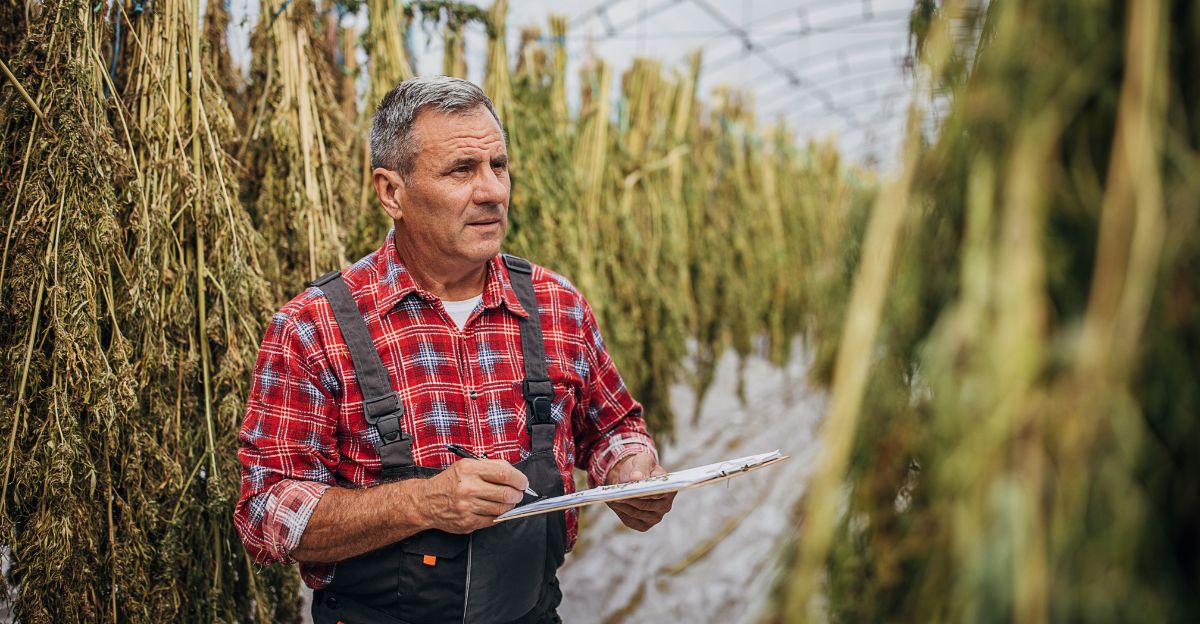
Losing Texas over 50,000 jobs would disproportionately affect small farmers and rural communities that have embraced hemp as a lifeline. These growers depend on the cannabinoid extraction markets primarily, and cannabinoid extraction markets have much greater margins than growing crops.
If prohibition ultimately disincentivizes or prices these companies out of business, or into much lower-profit avenues, it could exacerbate the wealth gap and worsen rural decline. The effects will cascade through supply chains, retail outlets, and community economies, leaving ghost towns where thriving communities once stood.
Innovation and Investment
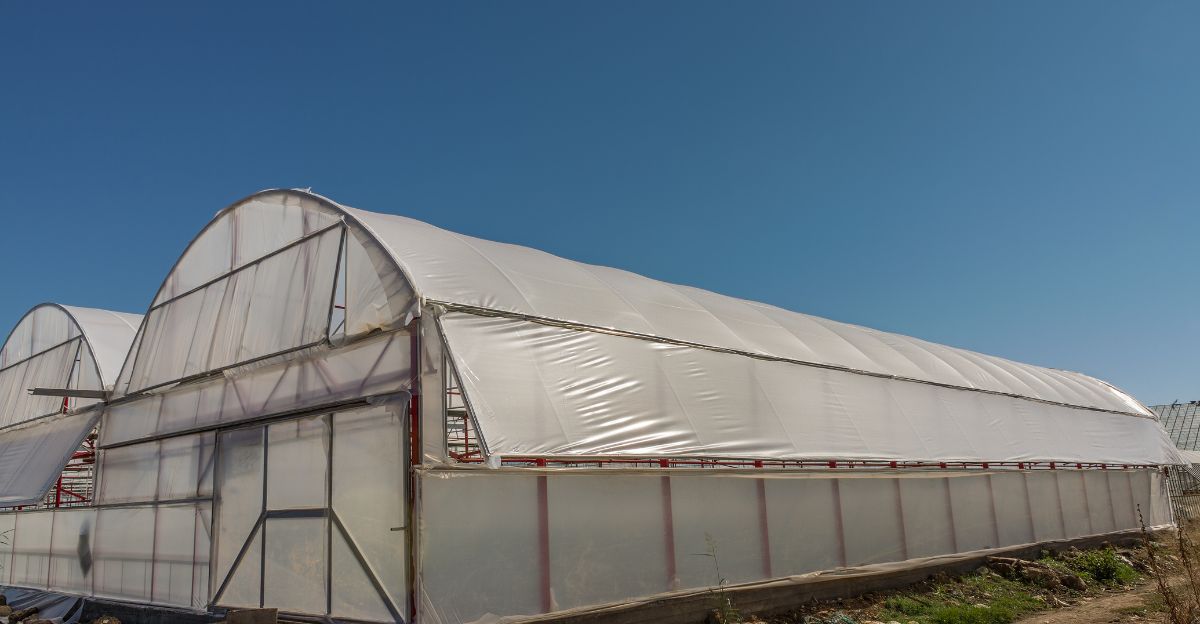
Texas business people and farmers have invested much in research, processing facilities, and infrastructure, creating an agricultural hub of innovation. A prohibition on THC would freeze or reverse such gains, unleashing a flight of talent and lost investment capital.
Scientists, agronomists, and entrepreneurs would take their talent elsewhere to more hospitable states, keeping Texas from emerging as a forward-thinking agricultural trendsetter in the emerging marketplace. This is not just economic, it risks Texas’s standing as a leading cutting-edge agricultural innovator in an emerging market.
State and Local Revenue Losses

The financial costs extend to the public coffers. The Legislative Budget Board estimates the ban will cost the state $19.3 million in general revenue each year, with cities, counties, and transit commissions collectively losing millions more.
This tax revenue loss will strain public services and infrastructure costs to the breaking point, especially in rural areas that have grown accustomed to hemp-related economic activity. The financial impact of the ban will continue to deepen budget shortfalls and force difficult public expenditure trade-offs.
Could the Ban Be A False Cure?
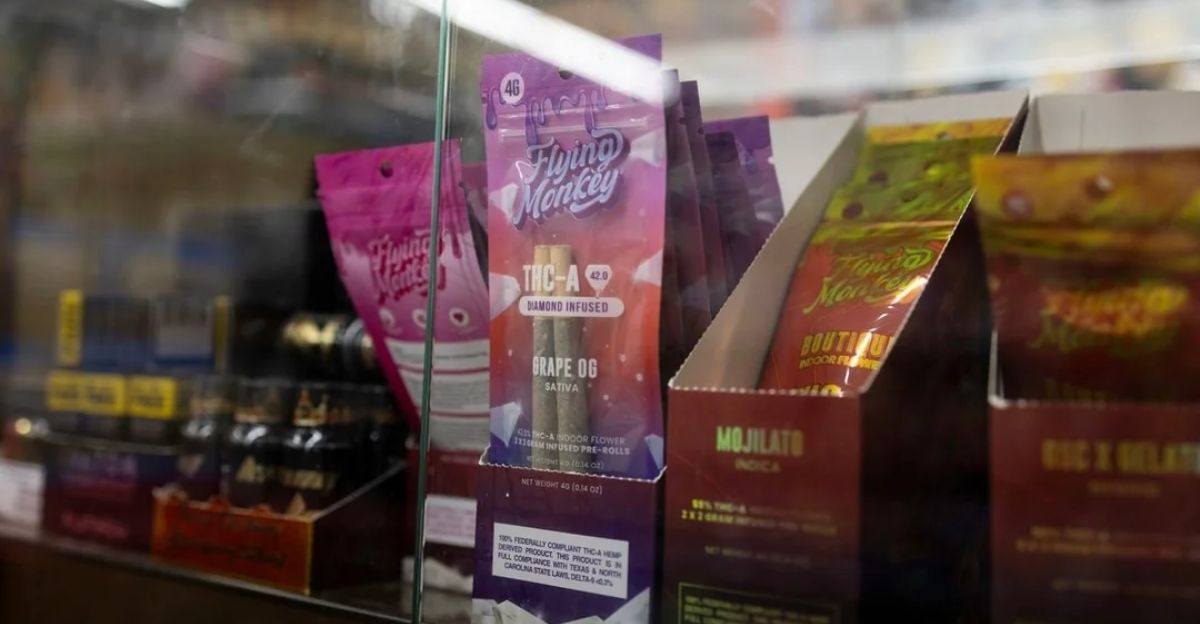
Supporters of the ban state it protects public health and keeps youth away from THC products. However, banning all hemp-derived cannabinoids will only push consumers into unregulated black markets, where levels of danger are increasing.
The Government can bolster Texas’s existing regulatory structure to limit some safety concerns without destroying a legal, above-board industry. The ban’s blanket nature risks inflicting collateral damage that could overshadow its anticipated benefits. It is a policy solution that solves a problem by leaving a bigger one in its wake.
What Texas Can Learn From Other States As A Cautionary Tale

Tennessee and Kentucky have embraced hemp and cannabinoid businesses, generating thousands of jobs and millions of dollars in tax revenue. Texas stands to lose its comparative advantage and become an excellent illustration of regulatory overreach.
Banning would encourage entrepreneurs and investors to leave, eroding Texas agriculture’s diversity and economic vitality. This loss of diversity would be self-inflicted and counterproductive to several decades of growth in a sector with enormous growth potential.
The Human Impact On Small Farmers and Entrepreneurs At Risk
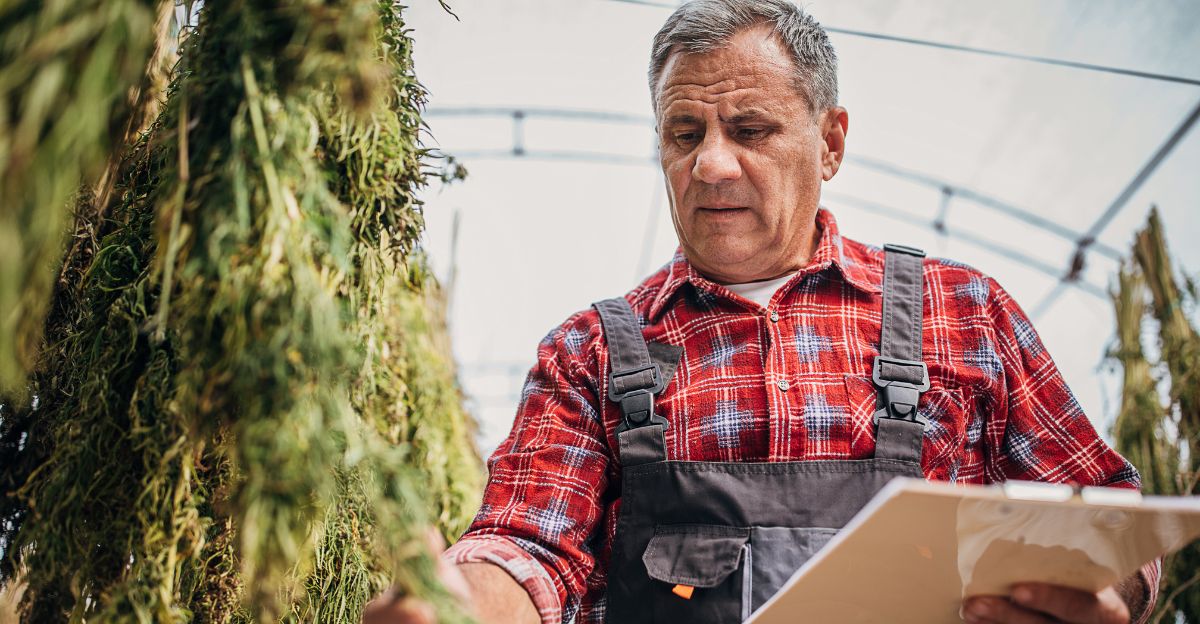
Aside from numbers, the ban jeopardizes real people, small farmers who found hemp a profitable crop, and entrepreneurs who built businesses from scratch. Most have thin margins and lack the resources to pivot quickly.
For them, the ban is existential, threatening bankruptcy and loss of livelihood. While this human cost is often immeasurable, it is an enormous social and financial disruption for families and communities across Texas.
Hidden Ripple Effects On Supply Chains and Associated Industries

The hemp industry has a complex web of suppliers, transporters, retailers, and financing/body suppliers. The prohibition of THC would trigger instability across these intertwined industries, producing a roll of economic damages.
Investment into equipment, research partners, and market relationships would go away, validation that would include lost capital and squandered opportunities. The ban would reverberate beyond the immediate hemp market, undermining the Texas economy’s overall resilience and extendibility.
Assessing The Stakes and Moving Forward
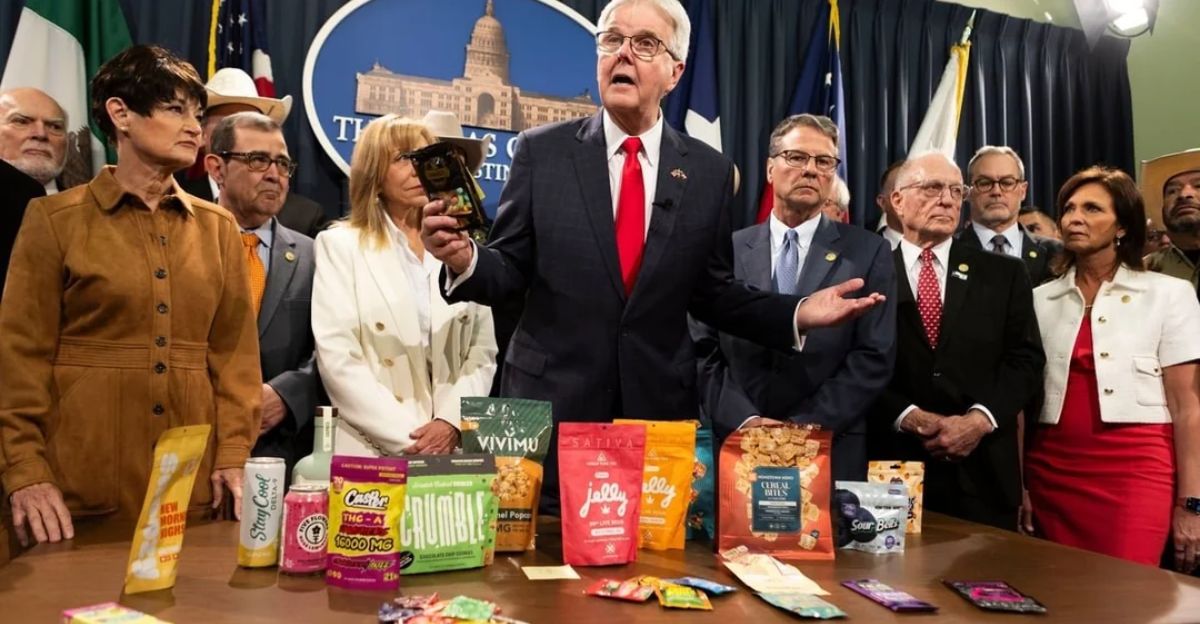
Texas has a foundational decision to make: move forward with a proven, flourishing industry that would generate billions of dollars and tens of thousands of jobs, or implement a ban that would cause financial harm and loss of opportunities.
The facts are clear: Senate Bill 3’s THC ban would devastate a $10.2 billion economic engine at staggering fiscal, social, and innovation costs. A middle ground between regulation and economic liberty would protect the public’s health without destroying livelihoods. Texas must weigh short-term political wins against long-term prosperity and choose wisely.
Discover more trending stories and Follow us to keep inspiration flowing to your feed!

Craving more home and lifestyle inspiration? Hit Follow to keep the creativity flowing, and let us know your thoughts in the comments below!
